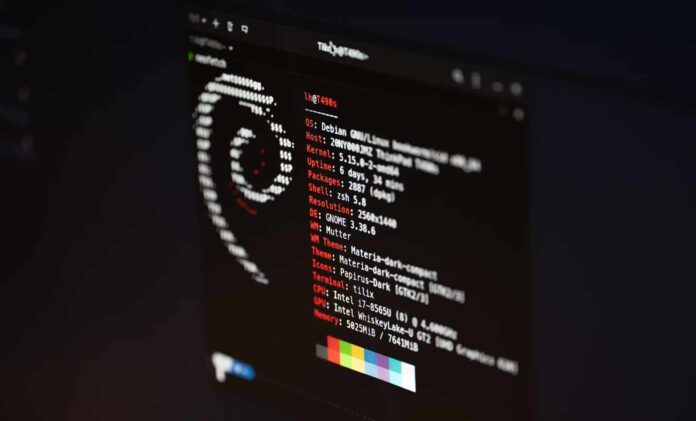- A critical “use-after-free” vulnerability affects Linux kernels 5.14.21 to 6.6.14.
- Patches are available; federal agencies have until June 20 to apply them.
- All Linux users should update their systems immediately to avoid security breaches.
The US Cybersecurity and Infrastructure Security Agency (CISA) has issued an urgent alert about a critical vulnerability affecting Linux systems.
This security flaw, now added to CISA’s Known Exploited Vulnerabilities (KEV) catalog, is actively being exploited in the wild. Federal agencies are required to patch this vulnerability by June 20.
Vulnerability Details
The identified issue is a “use-after-free” vulnerability found in Linux kernel versions from 5.14.21 up to 6.6.14. Major Linux distributions, including Debian and Ubuntu, are particularly susceptible to this flaw.
A “use-after-free” bug is a type of memory corruption that occurs when a program continues to use a pointer after the memory it points to has been freed.
This can lead to various issues, such as crashes, data corruption, and severe security breaches like arbitrary code execution.
Potential Impact
This vulnerability is particularly dangerous because it allows threat actors to perform local privilege escalation. This means attackers can gain administrator privileges from a basic user account, leading to significant security risks.
Who is Affected?
The good news is that Linux kernels version 6.4 and newer, with specific configurations like CONFIG_INIT_ON_ALLOC_DEFAULT_ON=y, are not affected. However, many distributions have default settings that enable user namespaces and nf_tables, making them vulnerable.
The vulnerability has been assigned a CVSS score of 7.8, indicating a high level of severity. Fortunately, patches were released in February 2024 for most distributions, making it easy to fix this issue quickly without needing complex workarounds.
Action Required
Federal agencies must apply the patch by June 20 to secure their systems or discontinue using vulnerable programs. While CISA’s warnings typically target government agencies, it’s crucial for private sector organizations and all Linux users to heed this warning.
Keeping vulnerable kernels running can lead to serious security breaches, as attackers often do not discriminate between targets.
Ensuring your Linux systems are up-to-date is essential in maintaining security. Regularly checking for and applying updates can protect your systems from vulnerabilities like this one.
Protect Your Systems
Linux users should immediately check their kernel versions and apply the necessary patches. This proactive approach will help prevent potential exploits and maintain the integrity and security of their systems.
This critical Linux security flaw requires immediate attention. With patches readily available, all Linux users should act swiftly to update their systems and protect against potential attacks.

